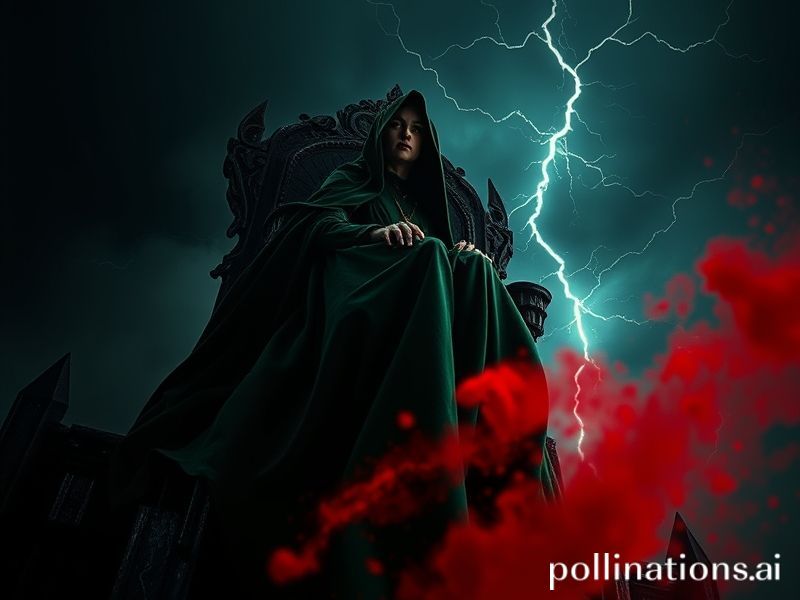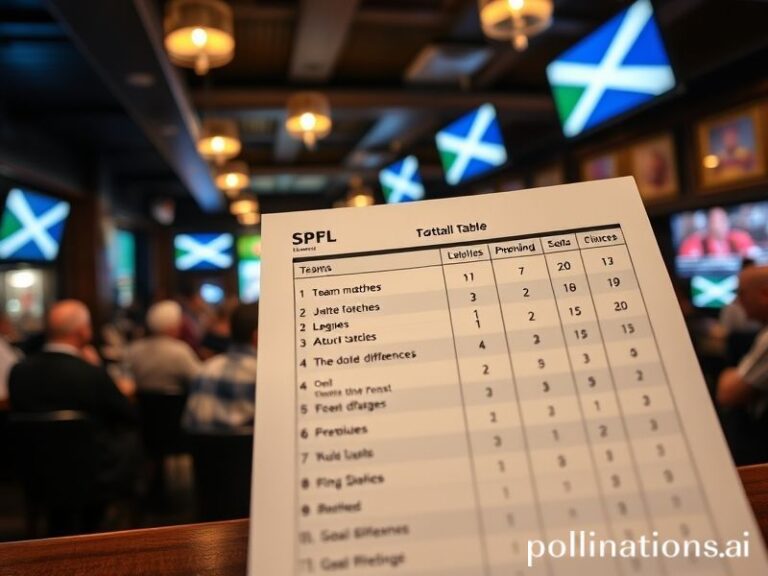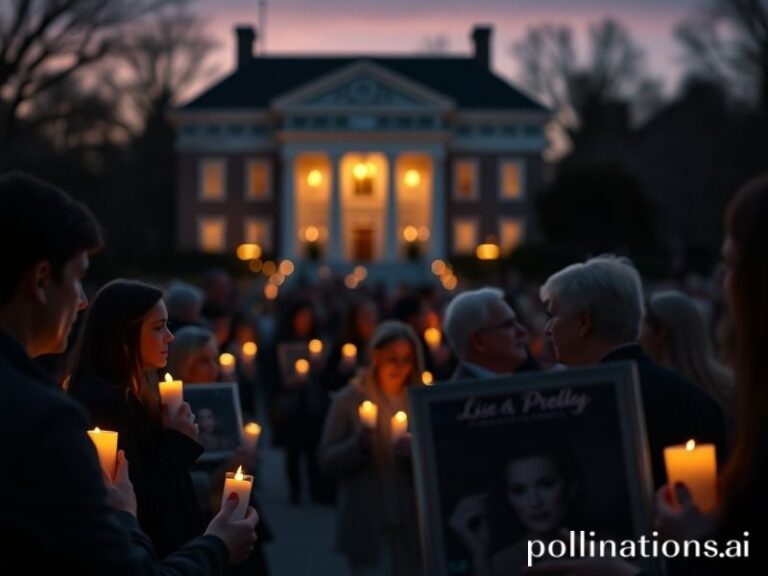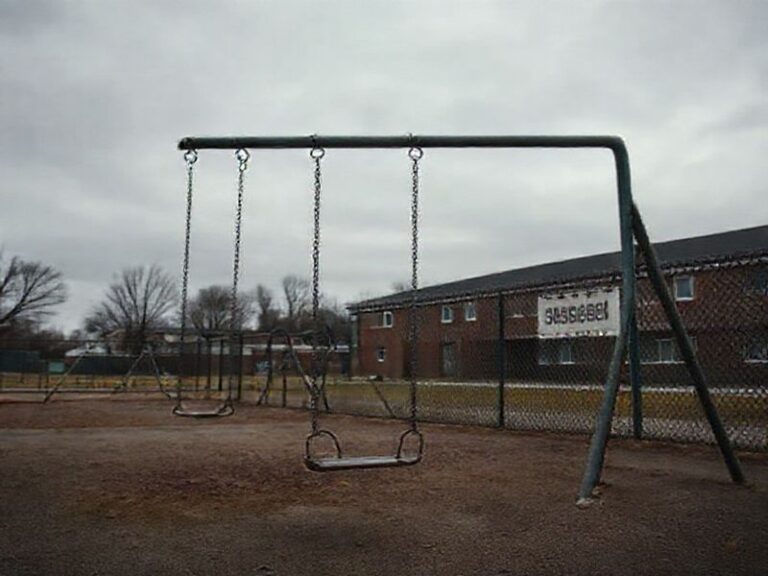Wicked Part 2: How a Green Witch Conquered the Globe and Sold Rebellion Back to the Masses
**WICKED PART 2: A GLOBAL PHENOMENON THAT PROVES HUMANITY’S ENDURING CAPACITY FOR MASS DELUSION**
The international box office has spoken, and what it’s saying is rather telling about our collective state of mind. “Wicked Part 2” has enchanted audiences worldwide, grossing $1.2 billion across 75 countries and proving that nothing unites humanity quite like escapism dressed in sequins and social commentary. From Tokyo to Toronto, from Buenos Aires to Birmingham, people are flocking to theaters to watch a green-skinned woman sing about systemic oppression while wearing designer witchwear—a metaphor so on-the-nose it might as well be a rhinoplasty.
The film’s global reception reveals fascinating cultural fractures. In China, censors initially fretted about the subversive messaging until someone pointed out that the Wizard is essentially a benevolent authoritarian who maintains order through misinformation—business as usual, move along. European critics have praised the film’s “nuanced exploration of otherness,” which is continental-speak for “we enjoy watching Americans work through their racism allegories with jazz hands.” Meanwhile, in Brazil, audiences simply appreciated watching someone else deal with a leader who rose to power through spectacular lies.
What makes this particular Hollywood export noteworthy is how effortlessly it translates across cultures. The story of an outsider demonized by propaganda resonates whether you’re in India watching Narendra Modi’s media machine, in Russia observing the Kremlin’s narrative crafting, or in Britain witnessing whatever fever dream the Daily Mail concocted this morning. The musical numbers provide the sugar that helps the medicine of political commentary go down, though one suspects the medicine is homeopathic at best.
The international marketing campaign has been a masterclass in cultural adaptation. In Japan, the film was promoted as “The Green Witch’s Journey of Self-Discovery”—because nothing says “subversive political allegory” quite like a personal growth story. French posters featured the tagline “Defy Gravity, Defy Convention,” which French audiences found amusing since defying convention is essentially their national pastime. In Saudi Arabia, promotional materials mysteriously focused on Glinda’s character, presumably because showing a powerful, independent woman with unconventional skin tone hits a bit too close to home.
The merchandise empire has proven equally global and equally absurd. Elphaba-themed makeup lines are flying off shelves in countries where being different can still get you imprisoned or worse—nothing says “fighting oppression” like $45 emerald highlighter. The “Defy Gravity” workout classes in London’s affluent neighborhoods are particularly rich, allowing privileged participants to literally work through their guilt about systemic inequality while burning carbs.
Perhaps most tellingly, the film’s success comes at a moment when actual witches—read: women with opinions—still face persecution worldwide. While Western audiences cheer Elphaba’s empowerment, women in parts of Africa, Asia, and even rural America continue to face very real consequences for nonconformity. The irony of selling empowerment narratives to populations simultaneously experiencing actual oppression is apparently lost on the merchandising department.
As “Wicked Part 2” continues its world domination tour, one thing becomes clear: we’ve perfected the art of selling rebellion back to the masses. The film’s message about questioning authority and standing up for the marginalized has been efficiently commodified, packaged, and sold to a global audience desperate for justice they can dance to. It’s protest you can purchase, revolution with a soundtrack, activism without the inconvenience of actual action.
The real magic isn’t in the flying monkeys or the emerald skin—it’s in convincing billions that watching a fictional witch fight fictional oppression constitutes meaningful engagement with real-world injustice. Now that’s what I call defying gravity.







